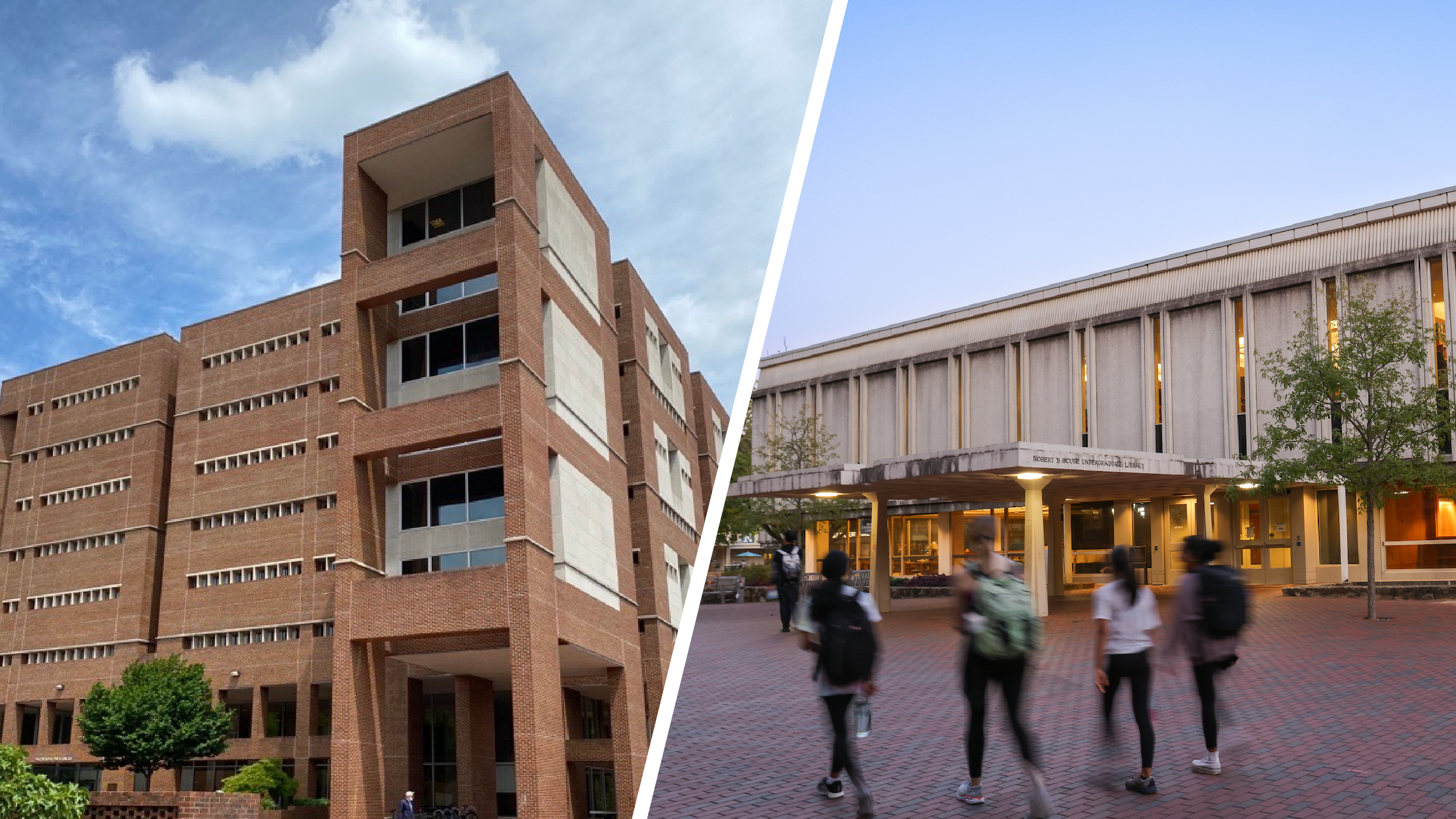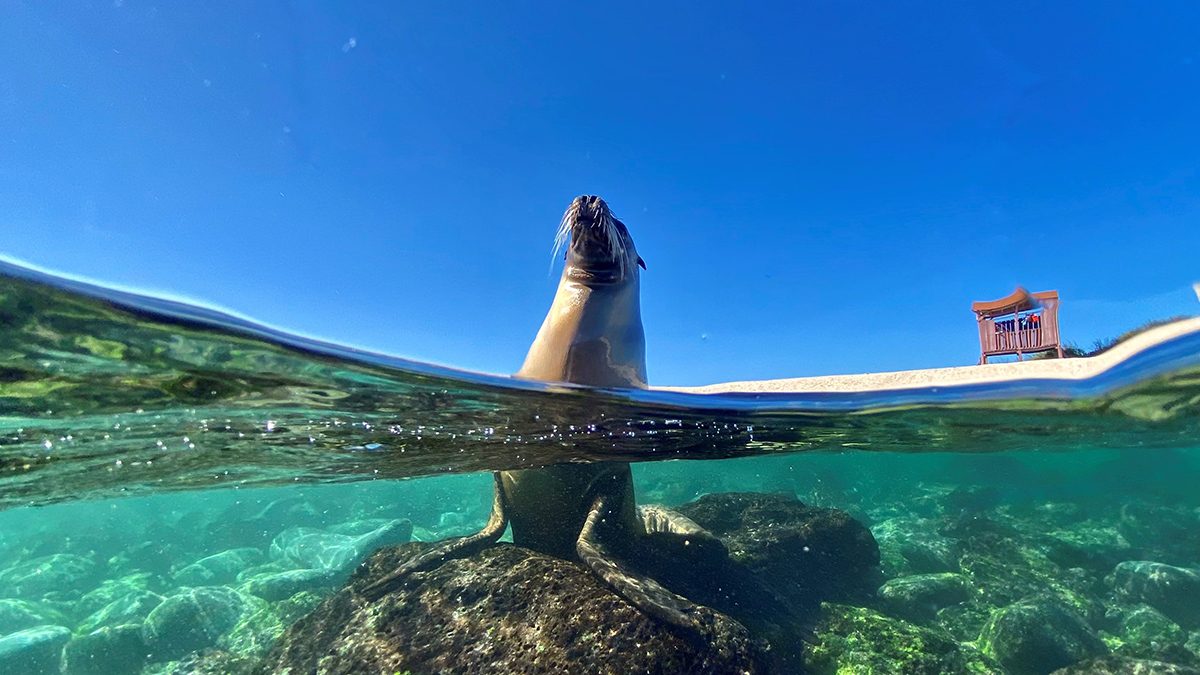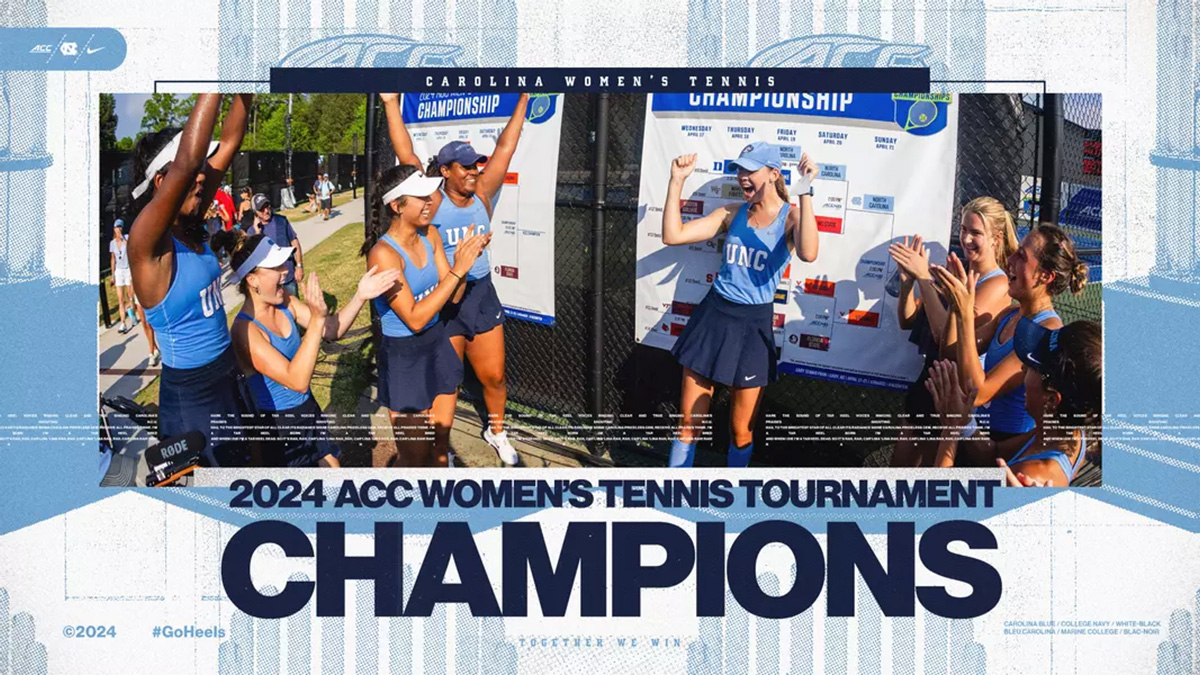Empowerment through music
Musical Empowerment, one of Carolina's student organization, serves 130 children in the Chapel Hill-Carrboro school district who would not otherwise have access to music lessons.
When Christine Moseley founded Musical Empowerment as a UNC-Chapel Hill student organization in 2002, her goal was to connect with Spanish-speaking families in Chapel Hill and Carrboro by giving free music lessons to public school children.
The program paired each child with a college student for the music lessons. During that first year, 12 Carolina students participated in Musical Empowerment. They quickly realized that beyond teaching music, they were building relationships and instilling confidence in their students.
“Being a first-year student, I thought it would be more like a teacher-student relationship,” said current Carolina student Sara Cook, who gives flute lessons through Musical Empowerment. “But now it feels like I’ve gained a younger sister, someone who looks up to me and someone I can influence in such a positive way.”
Growing the program
Within a decade, Musical Empowerment had grown to 160 student-teacher pairs across three North Carolina chapters. In 2012, the program was accepted as one of the inaugural teams of UNC-Chapel Hill’s CUBE social innovation incubator.
This allowed Musical Empowerment access to the legal support and business advising it needed to help become a nonprofit. The move also provided initial funding for the group to purchase instruments that it now lends to its students.
Students at other campuses took note of the program, and in 2015, North Carolina State University became home to the second chapter of Musical Empowerment.
With the program’s growth, Musical Empowerment hired one of its former co-presidents, Meredith Richard, to be the first full-time executive director so that she could oversee both chapters.
A third chapter has since opened at Wake Forest University.
Richard, who graduated from Carolina in 2015, said new chapters will open at two other North Carolina universities this spring and another will open on a campus out of state.
Community role models
For Richard, Musical Empowerment is special because of the relationships that the college students build with the students they are teaching. Some of the teacher-student pairs continue to work together long after the college student graduates.
“It’s a great experience for college students to learn how to teach and empathize with their students and grow as role models as much as it is for the kids they’re working with to learn music and learn things like discipline and creativity, the confidence that comes with learning music and performing,” Richard said.
When Richard recalled one of her favorite moments with a student whom she mentored for four years she thinks not of her student mastering a certain piano skill, but of the young student gaining the confidence to stand in front of an audience and share her talent.
Richard had given one student piano lessons for four years, but because the student had initially been shy it wasn’t until their third year together that Richard found out the student wanted to be a singer.
During the student’s first recital, the student “kind of froze on stage and we wound up singing together at the piano because she was so nervous,” Richard said.
Throughout the next semester, Richard worked with the girl to build her confidence by hosting mock recitals with the student’s parents and giving her encouragement before her next recital.
“What really impacts both teacher and student is that one-on-one connection that kids can’t get in a classroom setting or in an ensemble setting,” Richard said. “And the reason that our students and teachers stick with the program is because of the strength of the relationships that they create with each other and that’s what’s really special about the model and what is so powerful about it beyond just the music itself.”
Additional video provided by Felix Pittman.




